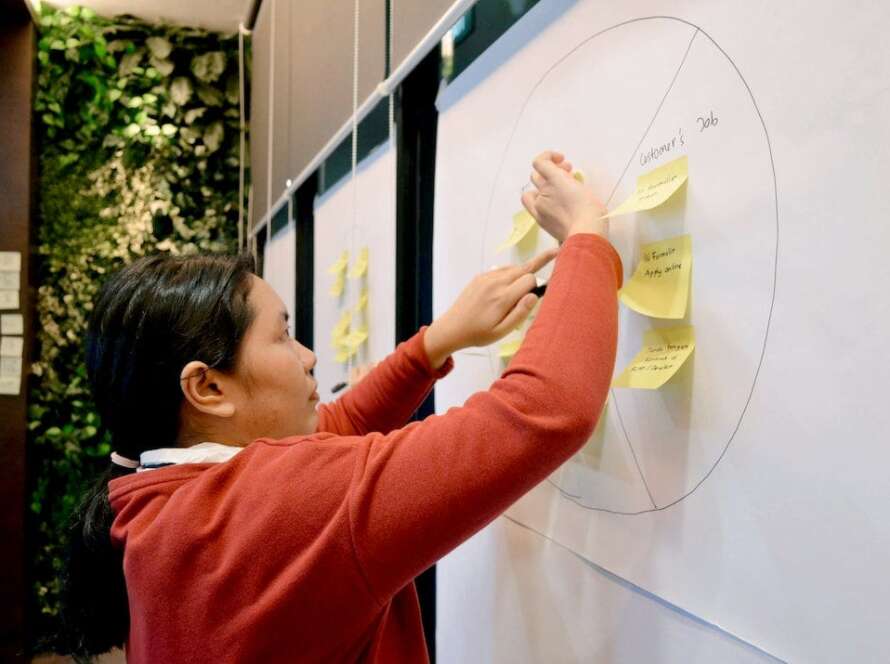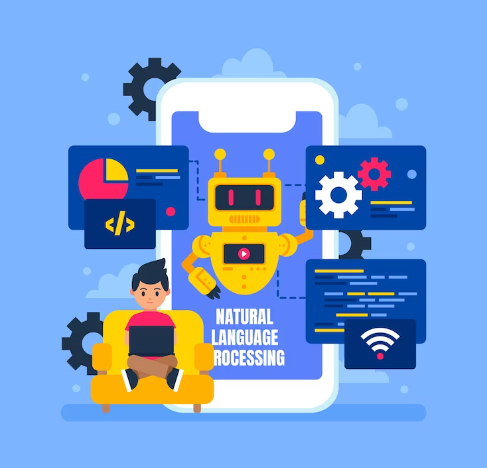[ad_1]
Navigating Human Biases and Addictions
In the sequel to “Circadian AI: Harmonizing AGI with Nature’s Rhythms,” we delve deeper into the transformative potential of Artificial General Intelligence (AGI) in enhancing human well-being through advanced system design. Building on the foundation of aligning AGI with natural rhythms, this article explores how AGI can assist humans in overcoming biases and addictions, thus fostering healthier lifestyles and more mindful management of time, holding responsible for our actions.
Enhancing Human Well-being through AGI
In the journey toward integrating Artificial General Intelligence (AGI) into our lives, it is paramount to underscore the responsibility we carry to not repeat the mistakes of the past. Industries such as oil and plastic have evaded full accountability for their environmental impact, leaving a legacy of pollution and waste that challenges current and future generations.
Similarly, the rapid and ever-growing pace of Web3, quantum computing, and AGI technologies has unfolded with limited consideration for the long-term consequences on society. This disregard for systemic thinking and the absence of stringent regulations have contributed significantly to the social and environmental metacrises we face today, including pandemics, wars, anxiety & depration, climate change, pervasive plastic pollution, and more.
As we integrate AGI into our lives, we carry the responsibility not to repeat the mistakes of the past. The development of AGI offers an opportunity to prioritize sustainability and ethical responsibility, ensuring we do not cross the threshold of irreversible damage to the health of our planet and to the health of current and future societies.
The integration of circadian systems into AGI offers a unique opportunity to address human biases and addictions directly. By leveraging AGI’s capabilities to analyze patterns and predict outcomes, these systems can be designed to provide personalized recommendations and interventions that promote balance and health.
1. Time Management: AGI can help individuals better manage their time by identifying patterns in their behavior that lead to procrastination or inefficiency. By suggesting optimal schedules that align with an individual’s natural productivity rhythms, AGI can enhance focus and productivity.
2. Eating Habits: Through monitoring dietary patterns and nutritional intake, AGI can offer personalized dietary recommendations. This can encourage healthier eating habits, aligning meal times and content with the body’s circadian rhythms for optimal health.
3. Sleeping Patterns: AGI can analyze sleep patterns to provide customized advice for improving sleep quality. This includes suggestions on sleep timing, duration, and practices to enhance the sleep environment, aiding in the overall well-being of the individual.
4. Physical Activity: AGI tailors fitness regimes to individual rhythms, promoting consistent physical activity that improves health and energy levels.
5. Mental Health: Monitoring mental health indicators, AGI suggests personalized interventions like mindfulness or therapy, enhancing emotional well-being.
6. Social Connections: By analyzing social patterns, AGI improves social interactions, combats loneliness, and fosters meaningful relationships.
7. Learning and Cognitive Development: AGI customizes learning experiences to match individual learning times, enhancing cognitive growth.
8. Work-Life Balance: It optimizes work schedules, ensuring a harmonious balance between professional responsibilities and personal life.
9. Environmental Awareness: AGI encourages sustainable living practices, aligning daily behaviors with environmental conservation.
10. Financial Health: Offering personalized financial advice, AGI aids in making informed decisions on spending, saving, and investing.
11. Addiction Management: Beyond food and sleep, AGI identifies and manages addictions, providing support and coping strategies.
Experts in the field of behavioral science and AI, such as Dr. Susan Schneider and Dr. James K. Liu, emphasize the potential of AGI in mitigating human biases and addictions.
Research shows that AGI, when ethically designed and implemented, can significantly contribute to positive behavioral change, supporting individuals in leading more balanced and healthy lives.
Experts like Ben Goertzel and David Hanson underscore AGI’s capability to mitigate human biases and addictions.
Research, such as “Technological Forecasting & Social Change” by Richard A. Slaughter, emphasizes strategic planning in AGI development to ensure societal benefit and sustainable integration. While the benefits are promising, the development and deployment of AGI systems to navigate human biases and addictions come with significant challenges and ethical considerations.
Issues of privacy, consent, and the potential for dependency on technology are paramount. Ensuring that AGI operates within ethical guidelines that prioritize human autonomy and dignity is essential.
- How do you envision AGI systems enhancing your daily routines and habits for better health and productivity?
- What ethical safeguards do you believe are necessary in the development of AGI to support human well-being?
- In what ways can society prepare for the integration of AGI in managing biases and addictions?
The future of AGI in system design holds immense potential for transforming human behavior and lifestyle. As technology advances, the seamless integration of AGI into our daily lives could revolutionize how we manage our health, time, and overall well-being. However, navigating this future requires careful consideration of the ethical, social, and psychological impacts, ensuring that AGI serves as a tool for empowerment rather than dependency.
We stand at the precipice of a new era in AGI development. It’s time for the global community to engage in shaping the ethical and secure deployment of AGI technologies. Participate in discussions, advocate for responsible innovation, and explore how AGI can harmonize with the natural rhythms of our lives for a healthier, more balanced future.
In conclusion, the integration of circadian AI into system design offers a promising avenue for addressing human biases and addictions. By aligning AGI with natural rhythms and ethical principles, we can harness the power of technology to support a healthier, more mindful, and more productive society.
Raising humanity on a new path — it all start with You & AI.
Galorian
[ad_2]
Source link



